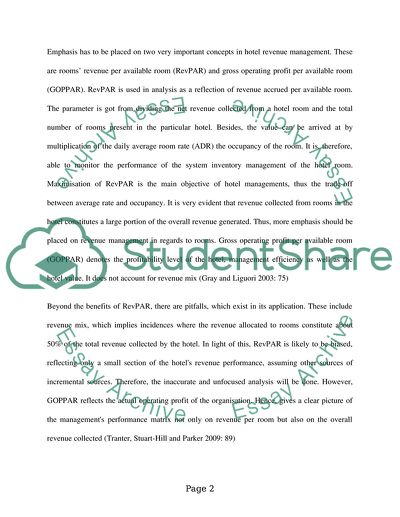Cite this document
(“Hotel Revenue Management Essay Example | Topics and Well Written Essays - 1000 words - 153”, n.d.)
Retrieved from https://studentshare.org/tourism/1701764-any-topic-writers-choice
Retrieved from https://studentshare.org/tourism/1701764-any-topic-writers-choice
(Hotel Revenue Management Essay Example | Topics and Well Written Essays - 1000 Words - 153)
https://studentshare.org/tourism/1701764-any-topic-writers-choice.
https://studentshare.org/tourism/1701764-any-topic-writers-choice.
“Hotel Revenue Management Essay Example | Topics and Well Written Essays - 1000 Words - 153”, n.d. https://studentshare.org/tourism/1701764-any-topic-writers-choice.


